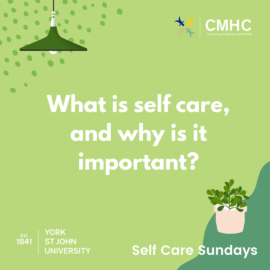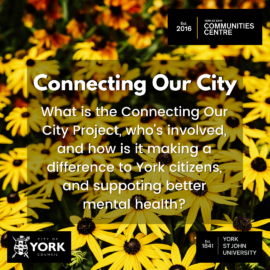Happy national cat day everybody!
I (Sophie-May) am currently sat in one of my favourite cat cafes writing this blog post for you surrounded by my feline friends, feeling very relaxed and happy. Cats can have that kind of cosy effect on people and it’s amazing how much animals can have such a huge impact on our lives and mental wellbeing. There’s something about cats in particular; they just seem so calming and peaceful to me, perhaps it’s because my old lady cat Rosie is always somewhere close by taking a snooze and gently purring.
Animals can be great companions and help with feelings of loneliness, stress, overwhelm, anxiety and depression. Having a friendly face meowing at you in the morning and your furry friend there to excitedly greet you when you come home can make such a positive difference to a life. Studies have suggested that human-animal interaction can have positive effects on a person’s mood and reduce stress-related parameters such as heart rate and blood pressure (Beetz et al. 2012).
However, this is not a new idea. In 1859 Florence Nightingale said, “A small pet animal is often an excellent companion for the sick.” There are now many organisations that use therapy animals to help people with a wide range of difficulties. Animals are taken into hospitals, hospices, schools and elderly homes to bring joy to people of all ages and distract them for a moment from their pain. In the UK there are over 4,000 registered emotional support animals. These are animals that help alleviate people’s symptoms of anxiety, stress and depression so that they can do things that they may find more difficult to do by themselves – often this is a pet that a person has a special bond with.
I recently spoke to Mel Spanton who is one of the wellbeing advisers at York St John University and here is what she had to say on the topic: “We use pets such as therapy dogs who have a calm, loving temperament and many students have benefitted from the interaction, and the ability to spend time with a pet when they might be missing their own.”
Having a pet to care for takes you outside of your own negative thoughts and onto the needs of the animal, and can also help with getting into a routine. The simple act of getting out of bed can be very difficult for those of us who struggle with depression, fatigue or general low mood, and having a pet can help with this. Getting up to feed your animal sounds like a simple task but can make a world of difference to people who are struggling with their mental health. Exercise and getting out in nature have also been shown to make a big difference with both mental and physical health, so getting up to walk a dog or feed the horses can really help to start the day feeling positive and productive.
Taking on an animal is a big responsibility but if you can commit the time and resources then I would recommend talking with your local rescue shelters, you never know your perfect pet could be there waiting for you and you may be surprised how much they can make a difference to your life. Alternatively, there are many ‘pet sitting’ organisations where once or twice a week you can look after someone’s animal or take their dog for a walk – giving you some maybe much needed fluffy cuddles. Sometimes it’s just finding that friend with an animal and visiting them!
I hope you have purrrfect cat day!
____________________________________________
References:
Beetz, A., Uvnäs-Moberg, K., Julius, H., & Kotrschal, K. (2012). Psychosocial and psychophysiological effects of human-animal interactions: the possible role of oxytocin. Frontiers in psychology, 3, 234.



